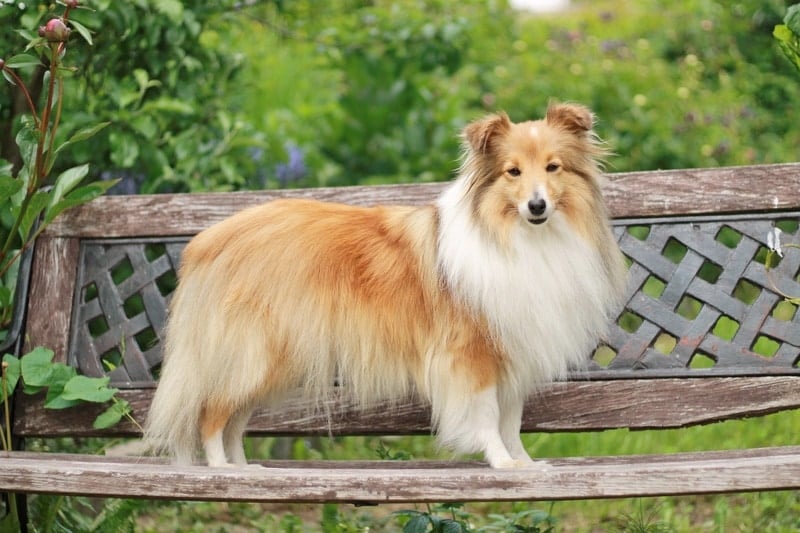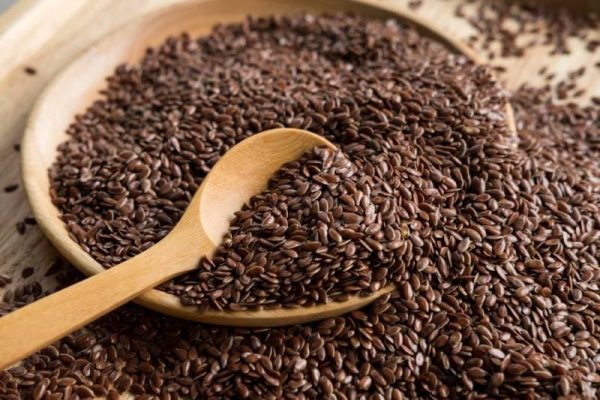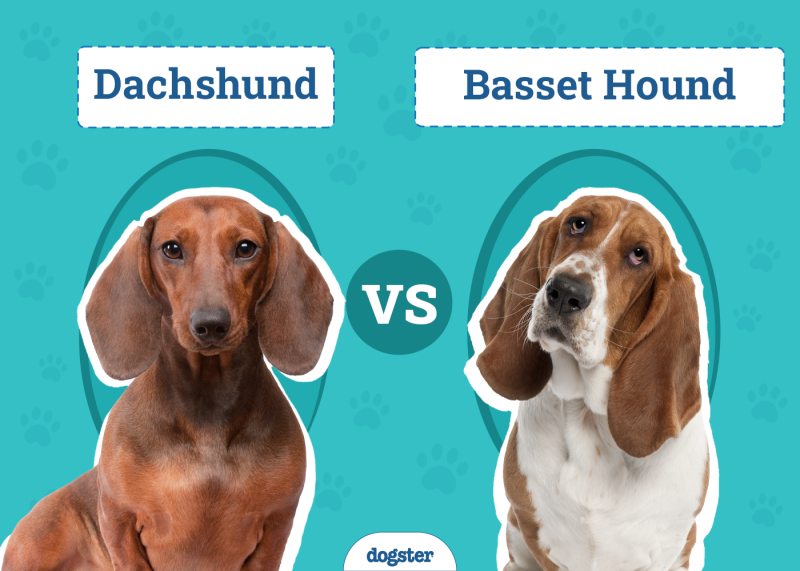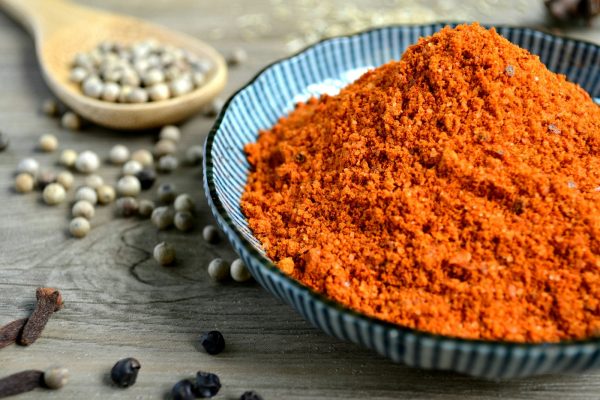In this article
View 8 More +As the breed name suggests, the Shetland Sheepdog—affectionately known as the “Sheltie”—hails from Shetland. In this Scottish archipelago, this breed was first developed as a quick, intelligent, and versatile herding dog, flock guardian, and all-purpose farm dog.
The traits that the Shetland Sheepdog was bred and valued for have been passed down through generations, and today, the breed is hailed as a sparky, energetic, and devoted family companion. Read on to learn more about this little but bighearted Scottish canine.
Breed Overview
Height:
13–16 inches
Weight:
15–25 pounds
Lifespan:
12–14 years
Colors:
Sable and white, black white and tan, blue merle white and tan, blue merle and white, black and white, sable merle and white (AKC-standard colors but more are possible)
Suitable for:
Active and loving families, families with children and other dogs
Temperament:
Energetic, intelligent, alert, affectionate, loyal
Part of what makes the Sheltie so fascinating is that their heritage is such a melting pot. The Sheltie’s ancestors were bred from spitz-type dogs like Pomeranians and Yakki dogs from Greenland, along with spaniel types. The larger Collie is the Sheltie’s cousin, and their resemblance has led some people to wonder if the Sheltie is just a miniature Collie, but they’re two completely separate breeds.
Shetland Sheepdog Characteristics

Shetland Sheepdog Puppies

Shetland Sheepdogs are highly energetic and active as adults, so just imagine what they’re like as puppies! These curious little fluffs are sure to want to explore everything and enjoy plenty of play sessions, so be prepared to devote lots of time and energy to your Sheltie puppy. This is also the ideal time to start training and socializing, as dogs are more likely to pick up good habits if they learn from a young age.
That said, we always urge potential owners to think about adopting rather than purchasing if possible, due to the overwhelming number of dogs in shelters. If this is something you’re willing to consider, search terms could include, “Shetland Sheepdogs/Shelties for adoption.”

Temperament & Intelligence of the Shetland Sheepdog
Shelties are known for their lovely temperaments, family-orientedness, and trainability, but it’s essential to devote time to socializing and training your clever and lively dog. This breed typically adapts well to life in any environment—whether that’s the countryside, suburbs, or city—as long as they get enough daily exercise and mental stimulation.
Since Shelties are often so devoted and highly intelligent, they are sensitive and perceptive dogs. They pick up on everything from your mood to your tone of voice when you speak to them and can be prone to separation anxiety if not taught how to spend a healthy amount of time alone.
In addition, while Shelties usually get along nicely with kids and other dogs, they can be a little reserved around strangers due to their natural sense of alertness. This comes from their herding and guardianship background. Socialized Shelties are not at all aggressive dogs, but due to their initial unease around strangers, new people should be introduced gradually.
Are Shetland Sheepdogs Good for Families?👪
As long as they are properly trained and socialized and children are taught to interact respectfully with the dog, Shetland Sheepdogs are great with children—so great, in fact, that the AKC scores Shelties five out of five in its “good with young children” breed rating. The Sheltie’s loyalty and playful nature mean they often form unbreakable bonds with the young members of a household.
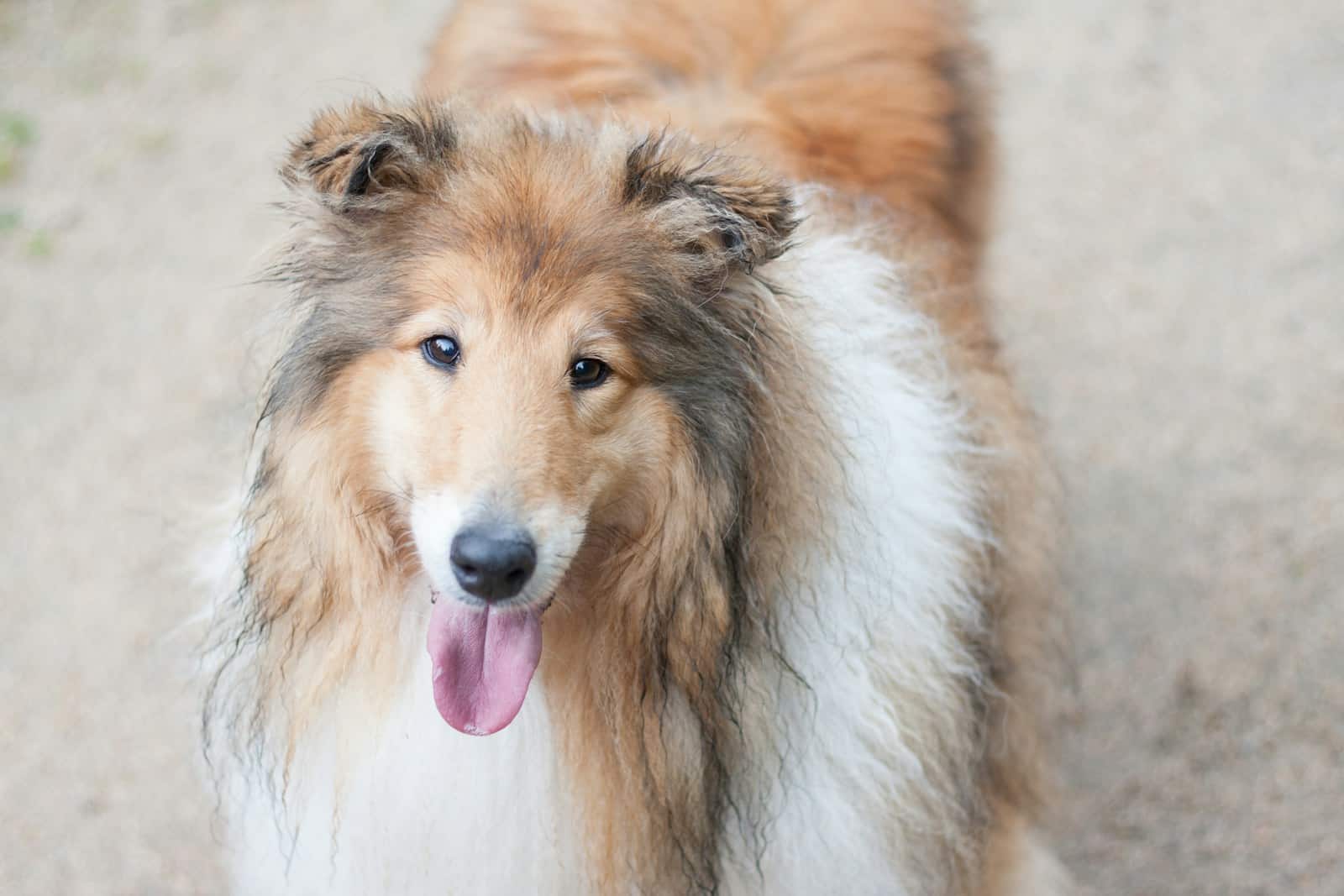
Do Shetland Sheepdogs Get Along With Other Pets?🐶 😽
Yes, Shelties are known for getting along well with other dogs and cats in the household. That said, this depends on socialization and careful supervision while your furry friends get to know one another. It’s never a good idea to introduce a new pet into the household without gradually introducing them to the resident pets under close supervision.

Things to Know When Owning a Shetland Sheepdog
Food & Diet Requirements🦴
High-quality, complete, and balanced food formulas are designed to meet all of a dog’s nutritional needs. That said, a dog’s dietary requirements can vary greatly depending on factors like health, age, and flavor preferences. Some pups can be very finicky!
Whichever formula you choose should suit your Sheltie’s age range (puppy, adult, or senior) and any health issues they may be experiencing (obesity, kidney problems, etc.). If your dog has health issues, your vet can recommend an ideal formula and may prescribe a special prescription diet. Leave clean water out for your Sheltie at all times.
Exercise🐕
Shelties have a lot of energy and need daily exercise to stay happy and healthy. Daily walks can be supplemented with other activities like play sessions, agility exercises, and obedience training. Shelties are versatile and love putting their sharp minds to work in a variety of ways.
In general, Shelties need around an hour of exercise per day, but this varies depending on the individual dog’s energy levels, personality, and any health conditions they may be experiencing. Adapt to your dog’s needs instead of going “by the book.”
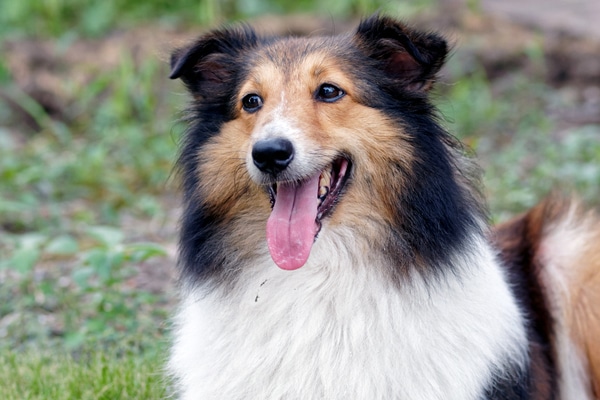
Training🎾
Fortunately, Shelties are famed for their trainability due to their people-orientedness, adaptability, and keenness to learn. These traits have often helped them reach champion status in agility, herding, and obedience events. They tend to pick up new commands with ease, though dogs learn at different paces, so keep calm if things take a bit of time for your pup.
Remember that your Sheltie is sensitive and needs their leader to be calm and kind, as well as firm. The eager-to-please Sheltie is enthusiastic about training sessions in which positive reinforcement is front and center and in which they have an opportunity to bond with their human parents. Training also provides your Sheltie with mental stimulation, which is incredibly important for these smart dogs.
Grooming✂️
Shelties are double-coated dogs, a trait that came in handy when they were herding and guarding sheep in harsh weather conditions on the Shetland Islands. The undercoat is soft and dense, and the long outer coat has a rough texture. Having this kind of coat means that Shelties shed a fair bit, especially during shedding seasons (usually spring and fall).
You can take care of your Sheltie’s coat by brushing it weekly, but during shedding seasons, you’ll need a good de-shedding tool to tackle the mass of undercoat hair that falls out. A nail clipper is another tool to keep handy, but if you’re not comfortable occasionally trimming your dog’s nails, it’s best to go to a groomer.
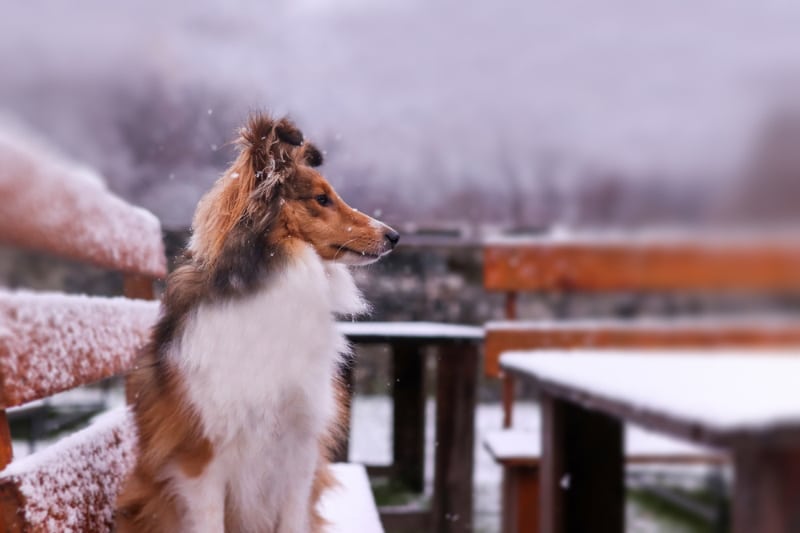
Health and Conditions🏥
Like other breeds, Shelties are prone to certain health conditions. Responsible breeders have thorough checks in place to reduce the risk of health conditions being passed down, but wherever you get your Sheltie from, it’s essential to be aware of these potential conditions just in case.
Eye conditions like Collie eye anomaly and progressive retinal atrophy are two of the conditions linked to Shelties, and they’ve also been linked to a variety of joint conditions including Legg-Calve-Perthes disease. Blood disorders like Von Willebrand’s disease can also affect this breed.
- Grade-1 luxating patella
- Eye conditions
- Hip dysplasia
- Legg-Calve-Perthes disease
- Luxating patella
- Hypothyroidism
- Von Willebrand’s disease
Male vs. Female
Some breeders and Sheltie parents say that females often have an independent streak while males tend to be clingier and goofier, but personality depends on the individual dog, not whether they’re male or female. Females can be just as affectionate as males, and there are sure to be males with a healthy dose of independence!
Most of the differences between male and female dogs are linked to whether they’ve been spayed (females) or neutered (males). Unspayed female dogs go into heat, during which time, they can become more irritable and skittish, and they experience swelling of the vulva and vaginal bleeding.
Similarly, intact males can display heightened territorial behavior around other male dogs and engage in behaviors like urine spraying and roaming.

3 Little-Known Facts About the Shetland Sheepdog
1. Shelties Once Had a Special Nickname
On the Shetland Islands, Shelties were once known as “toonie dogs,” “toon” meaning “farm.”
2. Shelties Are Small for a Reason
Shelties were bred to be much smaller than their relatives for practical reasons. Finding food on the cold Shetland Islands could be tricky, so the smaller the dog, the easier it was to feed them. This is also why Shetland ponies are so small.
3. Shelties Can Be Very Vocal
Shelties are known for barking because of their history as guardians and herding dogs. Some barking is normal, but you may need to work on this with your Sheltie so it doesn’t turn into nuisance barking.

Final Thoughts
The best way to describe a Sheltie is a big ball of energy, affection, and joy wrapped in a little fluffy package. These dogs’ sweet natures and sensitivity make them delightful companions, though they can be rather vocal and easily hurt by a harsh tone of voice or feeling ignored.
It’s essential to work on building a healthy and solid bond with your Sheltie to help them develop into a well-mannered and confident individual.
Featured Image Credit: Sarah Bohm, Pixabay
